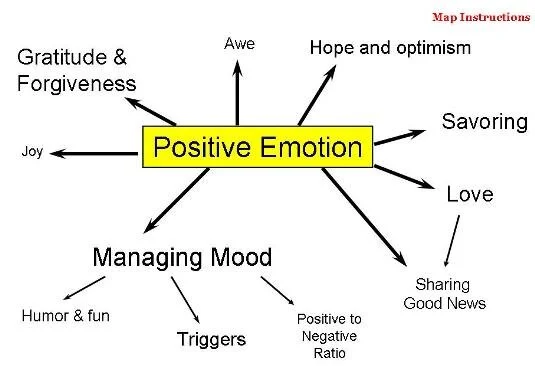
COVID-19 continues to bring a multitude of challenges to our daily lives. Isolation, worry, financial loss, health issues, etc are common to the human experience these days. On top of that, as a leader or executive you have the challenges of managing your team, an increase in remote workforce management, messaging the future, concerns about your organization’s economic viability- and that’s the tip of the iceberg.
You know the story - there’s the meeting, then the meeting after the meeting which is often complaining about what happened or did not happen in the meeting, and frustration that these regular meetings take time from your busy schedule where you could be working productively on your own. What’s not working?
I often hear from my CEO and senior leader coaching clients about their challenges with decision making - everything from feeling pressured to get it right as the final decision maker in the organization to getting bombarded with employee requests to make decisions throughout the day. Some leaders second guess themselves when there is opposition to their decisions and it’s also challenging to get the most current/relevant data and interpret it in a way that leads to making the best decisions.
It’s a new year and a new decade and if you are like me, you are reflecting, tweaking, and experimenting with your productivity habits. From the outside it seems like I get a lot done (and I do) but these visible accomplishments mostly get completed from having external deadlines, people that rely on me and a business consultant who I have accountability with. When it comes to things like, say, writing a blog, developing curriculum for new training or webinars I find it difficult to focus on such open ended tasks that don’t have externally imposed deadlines.
It's very common as a successful leader to keep working as hard as possible and neglect important things in your life, such as your family, your important relationships, and your hobbies that give you passion and joy. You might even be neglecting your health as well which impacts your energy and quality of work.
A coach can shine light on this balance because they are coaching the whole you, not just the professional side of your life.
Hi everyone, my name is Chris Coward, executive coach and leadership development expert. I am here to talk to you today about getting, as leaders 360-degree feedback.
What does that mean? It's an opportunity to get anonymous feedback from people in your organization that are above you, below you, it might be your colleagues or peers, and of course yourself is included as well.
Hi everyone, Chris Coward here, executive coach and leadership development expert. I want to talk today about the thing that is going around in everything I'm hearing from my clients, and I'm even talking about it for me too which is this concept of time management. And what the heck is time management?
I coach a lot of leaders who initially state that vulnerability does not belong in the workplace. In fact, they believe that if they are vulnerable and share select personal things about themselves bad things could happen. What bad things? The information about them could backfire and be used against them or they could be seen as weak or incompetent. I’ve heard my clients say that their team will take advantage of them if they let their guard down. While all of these outcomes are possible, it often does not happen that way. Vulnerability is actually a sign of strength and courage.
From time to time we all have difficult conversations that need to happen at work and home. You know, those conversations that you are procrastinating on and avoiding for various reasons. Maybe you feel like the other person is going to be angry and defensive, maybe the other person is great at talking circles around you or maybe they are highly sensitive and you don’t want to hurt their feelings. No matter what stressful thoughts you are having about these discussions there are some principles and skills that can make these talks go much smoother than you are envisioning.







Hi everyone, I'm Chris Coward, executive coach and leadership development expert. I'm here to do a little video for you today on how to choose an executive coach. I'm going to go over four things that I recommend you consider when choosing your coach.